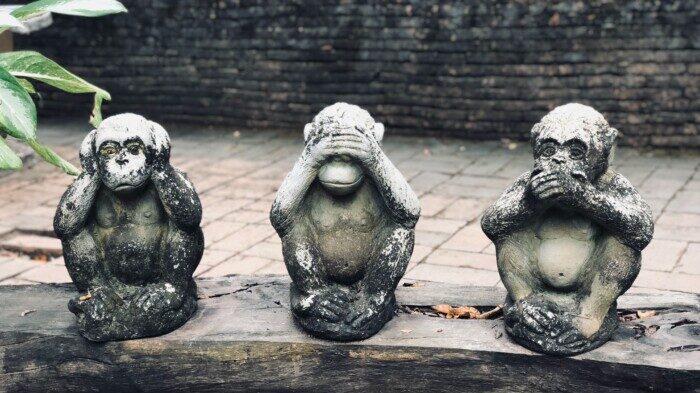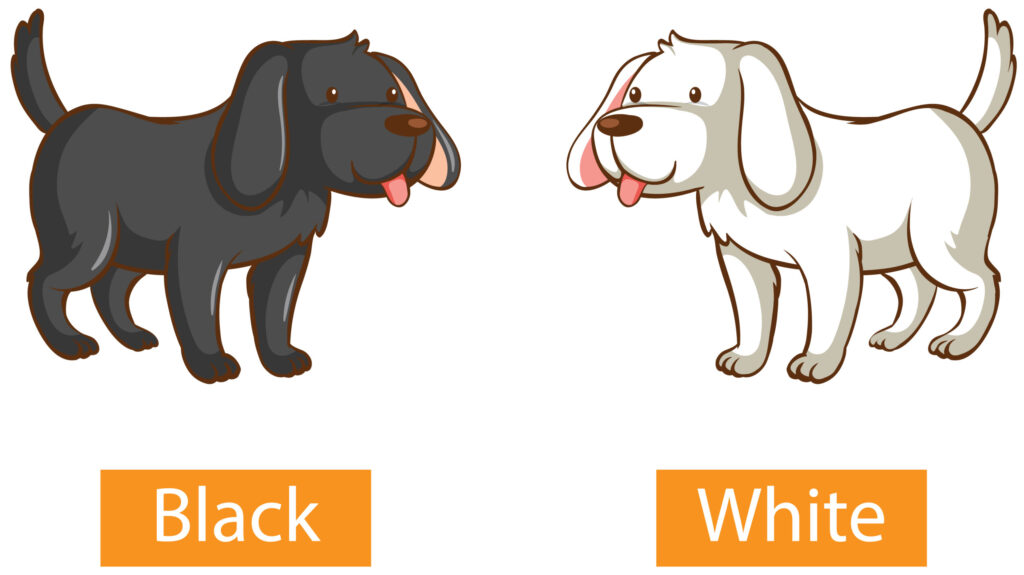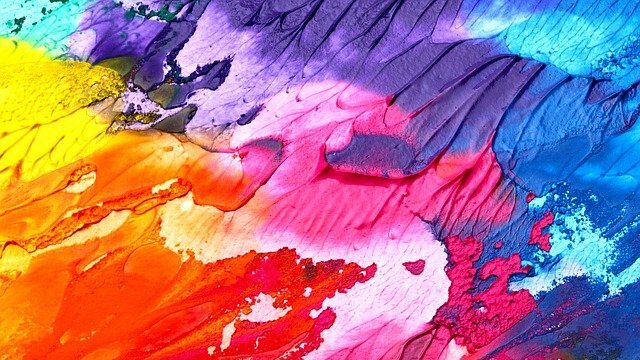Blog
Today I’d like to share a song from one of my favorite Ghibli Anime movies「天空の城ラピュタ」or “Castle in the Sky”. The song is called “君を乗せて (Carrying you)” performed by Azumi Inoue (井上あずみ). It’s composed as the ending theme song for the movie by Joe Hisaishi (久石譲) as are most of the soundtracks of Studio Ghibli movies. …
Jun Mizutani (水谷隼)who got the gold medal in mixed doubles table tennis at the Tokyo 2020 Olympics 中国という国に、今までたくさんオリンピック、世界卓球で負けてきて、この東京オリンピックで、今までのすべてのリベンジができました。 We’ve been losing to China at the Olympic Games and at world tournaments but we were able to take a revenge on all that at the Tokyo Olympics Daiki Hashimoto(橋本大輝)who won the gold medal in the …
Quotes from Japanese Olympic Athletes | 日本人オリンピック選手の名言 Read More »
Today I’d like to share a famous song called “川の流れのように (Like the flow of the river)” by Misora Hibari. Misora Hibari (美空ひばり) is one of the greatest artists of all time in Japan. She started to sing professionally at 9 years old right after WWII and became the source of encouragement and inspiration for the …
Photo by Joao Tzanno on Unsplash Do you like proverbs? Proverbs is called ことわざ in Japanese. 今日は、動物のことわざを、5つ紹介します。 Today I’d like to introduce to you 5 animal-related proverbs: 1. 猿も木から落ちる Even monkeys fall from a tree さる: monkey き: tree おちる: to fall This expression can be used to cheer up a person when he made …
Today, let’s learn some idioms and expressions related to 2 colors – black and white. 今日は、黒と白の2つの色の慣用句や表現について 学びましょう。 Black is called 黒(くろ) in Japanese. 黒(くろ)い originally comes from the i-adjective 暗(くら)い meaning dark, therefore the word often has a negative connotation. 腹黒(はらぐろ)い 腹(はら) means belly so 腹黒い literally means black belly. It’s used to refer to …
今日(きょう)のトピック は、いろいろな色(いろ)に関(かん)する慣用句(かんようく)や 表現(ひょうげん)を みてみましょう。 We are going to explore more idioms and expressions related to different colors! Today, however, we will focus on just 2 colors that are very important to Japanese people: blue and red. Let’s start with the color blue or 青 in Japanese 青 is one of the 4 basic colors that have been …
今日(きょう)のトピック は、水(みず)に関(かん)する慣用句(かんようく)です。 Today’s topic is idioms related to “water”. Before diving into our idioms, let us first talk about the Japanese tradition of drinking alcohol. Traditionally, Japanese people have been drinking alcohol/sake as a tool for communication among them after work in relaxed settings. This special culture is often called 飲みニケーション (nominication) – a combination …
Today’s grammar lesson is on a special use of Japanese particle を (o). You may already know that the primary function of particle を is to mark the direct object of a transitive verb. The direct object is the one who receives the action which is done by the subject. In other words, it answers …
Today’s topic is idioms related to the word “color”. 今日のトピック は、色(いろ)の慣用句(かんようく)です。 Color in Japanese is 色(いろ). However, did you know that the word 色 means not only colors but can also refer to a romantic relationship between men and women? It can even carry a sexial connotation. For example: 色っぽい It means “sexy”. ぽい here …
Today’s topic is idioms related to the word “mouth”. 今日(きょう)のトピック は、口(くち)に関(かん)する慣用句(かんようく)です。 口がかたい It literally means “one’s mouth is hard/firm” but it is used to mean that “one can keep secrets; trustworthy”. 口が軽(かる)い かるい means “light” so if someone has a light mouth, it means that he has a loose tongue and can’t keep secrets! Even though …
Today I’d like to briefly explain how to say “anywhere/anyone/anything…etc” in Japanese. The question word is called 疑問詞(ぎもんし)in Japanese as 疑問(ぎもん)means “question” and 詞(し)means “word”. Parts of speech in generals have this 詞(し)as a suffix, as in 名詞(めいし = noun), 動詞(どうし = verb), 形容詞(けいようし = adjective), 副詞(ふくし = adverb)…etc. Anyways, when a question word is …
How to say “anywhere/anyone/anything” (Question word + でも) Read More »
Japanese particles are certainly a headache for most Japanese learners. Many of them – even intermediate level students can still make mistakes in choosing the right particles when they speak. If you are not familiar with its functions, particles are used to identify parts of speech in the Japanese language. This is because Japanese sentence …











